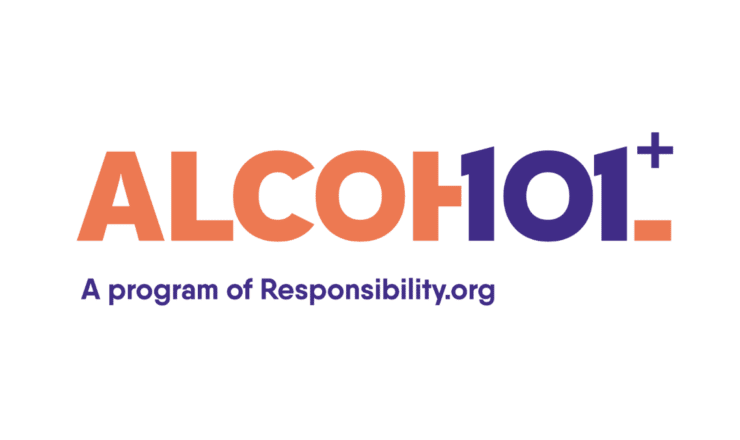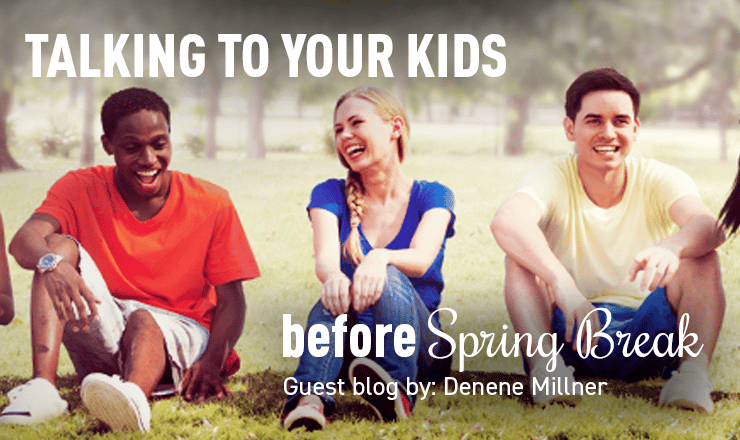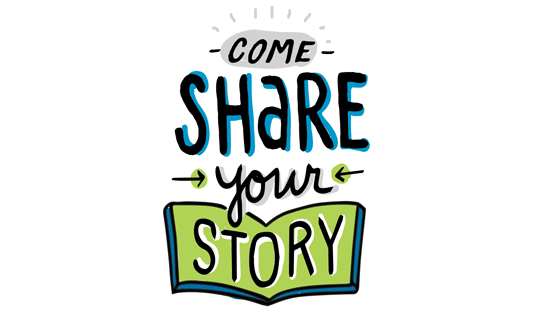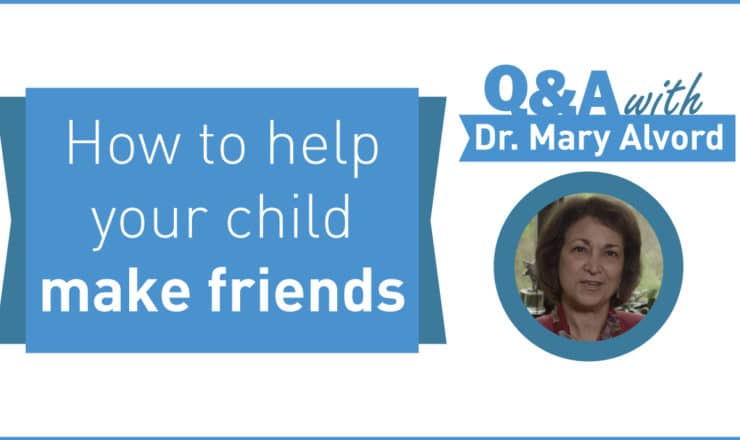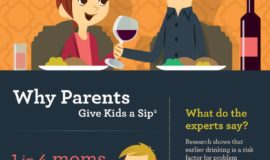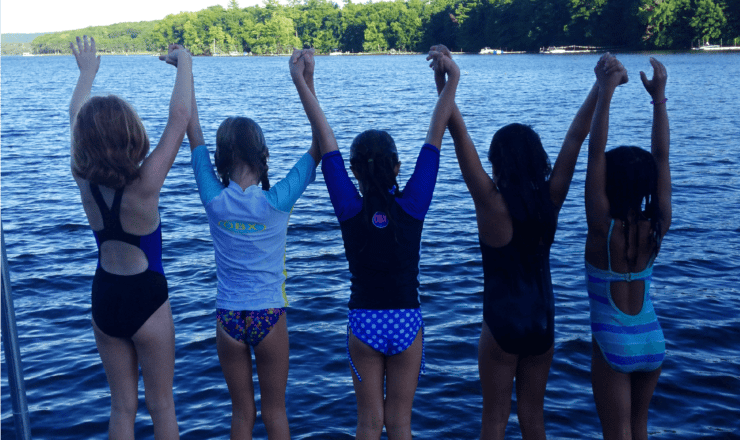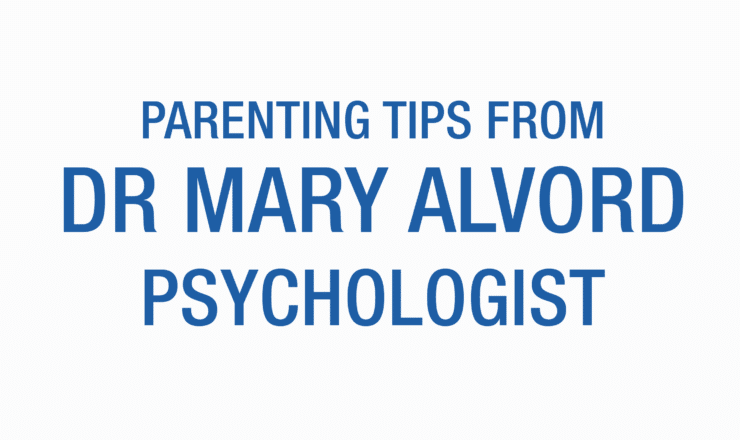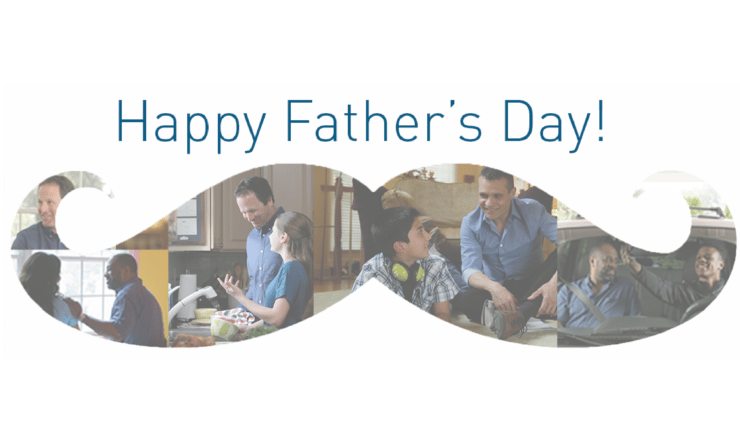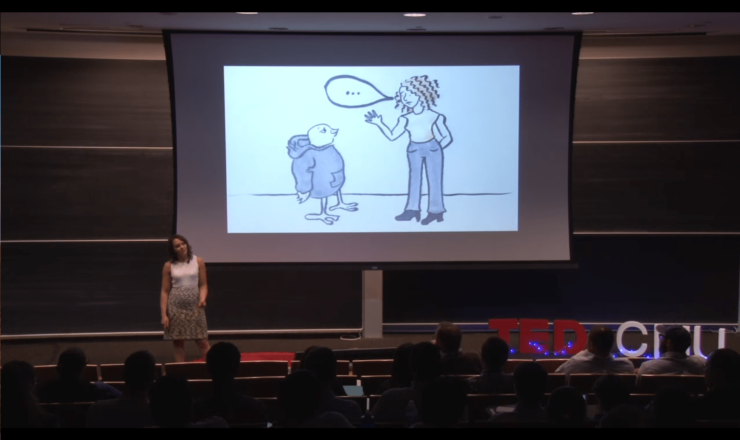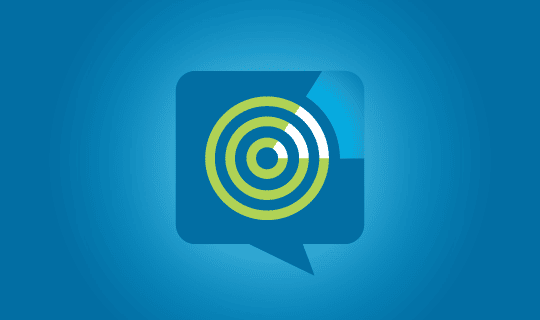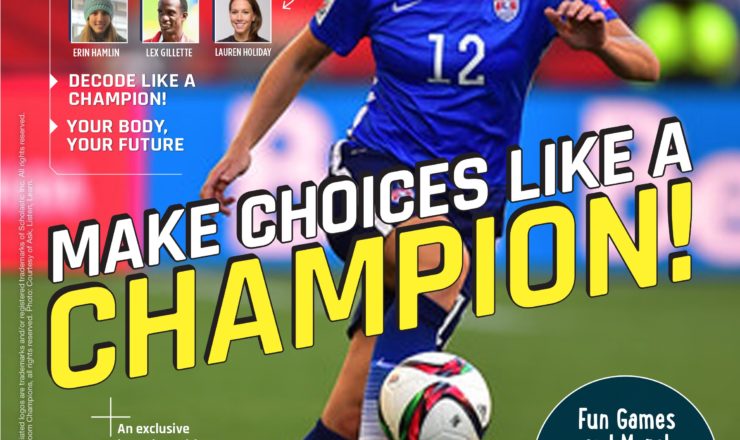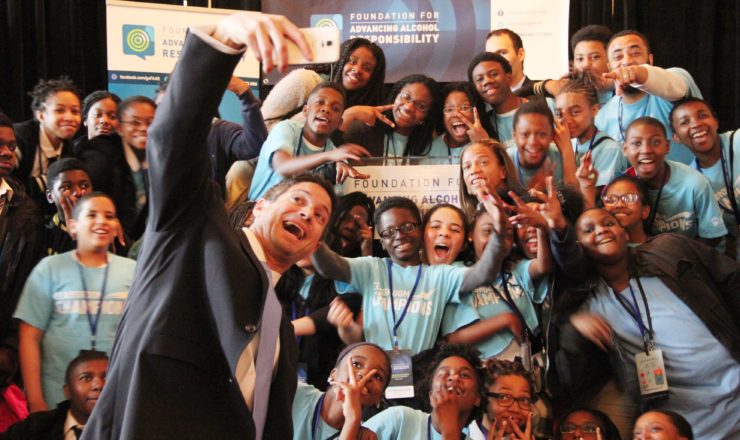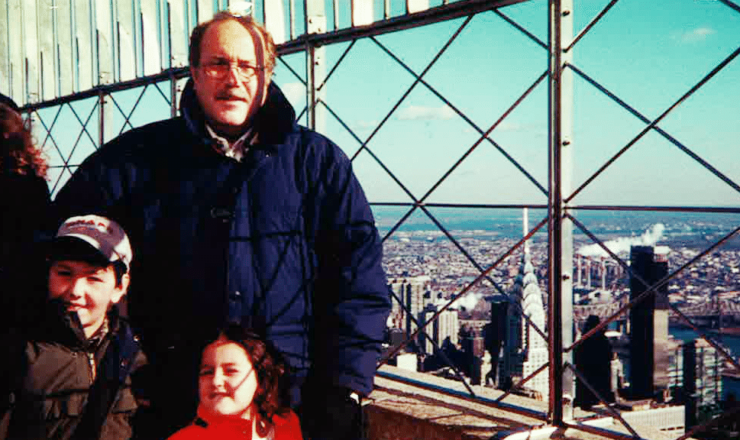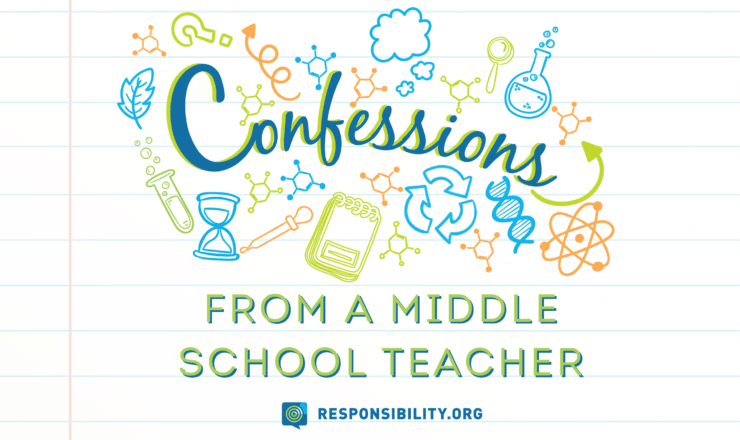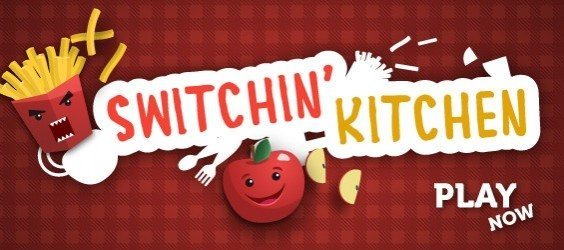Back to School Responsibly
When I was a kid, going back to school was both exciting and nerve-wracking. As a parent, I find myself once again careening between the same confusing emotions. But for different reasons. Even though my daughters are still young (kindergarten & second grade), I know that along with the transition from the more carefree days of summer to the more rigid routines of school comes a far greater chance of them being repeatedly exposed to things or ideas that I’m not ready for. As much as I want to protect them from this as long as I can, the reality is, we don’t get to decide what our kids are exposed to or when. All we can do as parents is our best to prepare them to make responsible decisions, even in the face of peer pressure.
At DC SCORES, the youth development nonprofit I run, we build school-based teams that help kids develop the self-confidence and skills to make responsible decisions. The third through eighth graders we work with live in high-poverty, high-stress environments. The type of peer pressure they face ranges from the more mundane - that girls can’t play soccer, that being a bully is cool - to the insidious - to be ashamed of doing well in school or to break the law. DC SCORES teams are built around the values of teamwork, leadership and commitment. Our curriculum - which intentionally integrates a team-based soccer league, poetry and spoken word teams, and child-directed team service projects - helps kids internalize these values. We hire coaches from the kids’ own schools and involve our teenage alumni as assistant coaches. Then we train them all in the principles of positive youth development. As a result, children on our teams have positive role models they identify with and accessible adults they know are in their corner - the supportive infrastructure they need to bolster their self-confidence and ability to make good decisions.
On the field and in the classroom, we use the power of positive reinforcement to help kids get in the habit of making responsible decisions. For example, we outfit every team member with a DC SCORES tshirt; wearing one is a badge of pride and honor at their schools. We guarantee playing time at every soccer game for every child who consistently attends school during our season - no matter their soccer skill level. We encourage children to write original poems about challenges they face and how they handle them - and give them opportunities to perform those poems on stage in front of cheering classmates, teachers, principals, friends and family. We regularly award patches to kids who exemplify our core values - patches kids proudly display on those coveted t-shirts. And we award team leadership positions to children who repeatedly demonstrate their ability to act on those values.
In my own home, I also employ the principles of positive youth development, but in a more one-on-one way. Rather than just repeat the mantras of my own childhood (“Just because everyone else jumps off the Mississippi River Bridge doesn’t mean you have to”), I try to make a game out of it. My hope is that my daughters remember and internalize not just the what, but the how and why, of good decision-making.
This summer I periodically used our five minute drive to camp to discuss silly questions provided by Q4Kidz. What the question was really didn’t matter - so long as my kids were willing to engage in conversation, it opened the door for me to probe the how, why, and consequences of their choices. While my kids were having fun talking about silly things like whether they would re-paint our car in rainbow-colored polka-dots vs. zebra stripes, they were also learning responsible decision-making skills.
I also take every opportunity that arises spontaneously to talk to my daughters about the things they might one day experience peer pressure about - e.g. bullying, alcohol, body image, sex, playing with guns - in age appropriate ways, of course. I try to approach these discussions casually, not from a place of pressure or panic. I don’t want my kids to be scared of the world, but I also don’t want a lack of basic knowledge to ever hamper their choices.
Recently while I was getting my girls ready for bed, my 6 year old commented that I was drinking a glass of wine. So I asked her why she thought some grown-ups drink alcohol. My 4 year old piped up: “because it helps you relax.” I asked why they thought some grown-ups they know don’t drink alcohol. They thought maybe the taste and because “people have different preferences.” I reminded them that too much alcohol can make even grown-ups sick and that some grown-ups’ bodies can’t handle alcohol at all. Then I asked them why kids shouldn’t drink alcohol. Their response: “Yucky! Silly mommy, alcohol hurts kids’ brains.” The whole conversation lasted less than 2 minutes, and they immediately moved on to talking about whether they wanted to wear matching pajamas. For me, it was a great chance to check in on what they’d understood and internalized from our previous conversations about alcohol, and to reinforce important information. For them, it was simply one in a string of many perfectly normal topics we chit-chatted about that night.
We can never completely protect our kids from peer pressure. But I have seen over and over how giving kids a safe environment to explore their feelings, build their self-confidence, learn the facts, and practice responsible decision-making sets them up to consistently make good decisions even in the face of strong peer pressure. In the words of 10-year-old Adrianna from DC SCORES Aiton Elementary School team:
Courage
Courage is Opportunity, take it
Courage is beautiful, appreciate it
Courage is daring, face it
Courage is like a soccer game, play it
Courage is trouble, overcome it
Courage is a battle, confront it
Courage is risky, stand up to it
We have no fear!!! We are fearless.
What are you doing to prepare your kids to be courageous in the face of peer pressure? To make responsible decisions?
*The views and opinions expressed in this blog are solely those of the author and do not necessarily reflect the views of the Foundation for Advancing Alcohol Responsibility (Responsibility.org) or any Responsibility.org member.*
Bethany Rubin Henderson is Executive Director of youth development nonprofit DC SCORES, which takes a whole-child, team-based approach using soccer, poetry, and service-learning to help low-income, at-risk DC schoolchildren get and stay on track.

